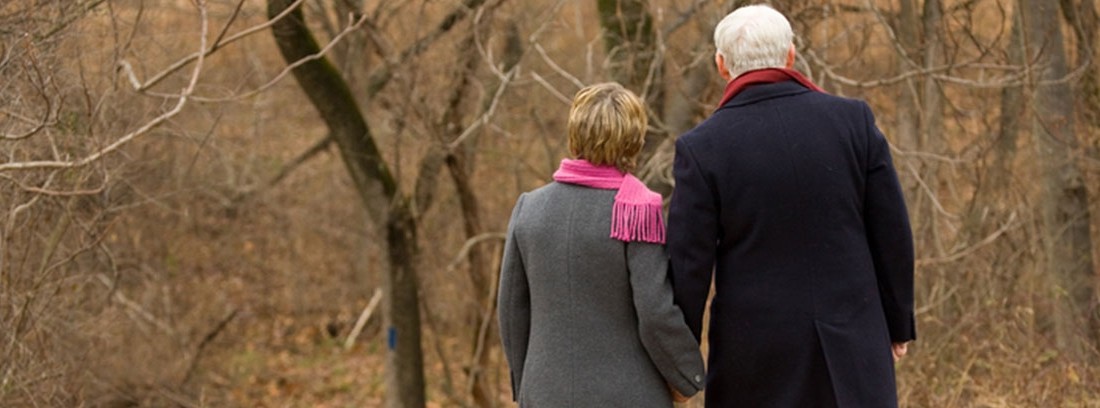Geriatric care

In assisting the elderly, the most important thing is the prevention of dependency and being able to maintain the elderly in their environment, in their community. To be able to do it and respond to the needs of the elderly at different times of their evolution there are geriatrics and gerontology.
Geriatric care is defined as the set of actions and levels of help and support, both hospital and out-of-hospital, institutional, home, health, psychological and social. All these levels are intended to provide interdisciplinary care, with the collaboration of multiple professionals who work in a coordinated and organized way for the benefit of the elderly in all its aspects, progressively and adapted to the needs of each moment.
Levels of assistance
These levels of assistance must also be integrated into the health and social assistance of the community and have an integral influence on the different aspects of the individual.
Thus, the basic levels of care are, in geriatrics as in other medical specialties, primary care and hospital care.
Primary care
In primary care, the main agents are the family doctor (the one who has always been the head of the family) and the primary school nurse, who, working together, attend to the elderly in the community. To those who maintain a ambulation and transfer ability Outside the home they are attended to in the consultations, while the most limited would enter the different home care programs.
In the most complicated cases, the help of the teams of the Home Care Program and Support Teams (PADES). They can also be coordinated with home geriatrics teams, which may be available from different hospitals depending on the health area. The importance of primary care (or at least of the presence of a GP responsible for the patient) lies in the longitudinal and long-term vision of the elderly and in the understanding of their position and interrelation with the community.
Hospitalization
In the event that the elderly person falls into an acute illness, hospital admission may be necessary for their control and recovery. In many centers, acute geriatric units are available, in which the approach of the elderly patient with acute illness It is primarily that of geriatrics, taking into account the characteristics of the presentation and evolution of diseases in the elderly.
Rehabilitation
Once the patient is stabilized, they move on to intermediate, rehabilitation, or convalescent care. This can be done either in medium-stay hospital areas, where intensive recuperative and therapeutic care is offered, or in day hospitals, in which the patient come from home to carry out the rehabilitation, of less intensity than in the average stay, or even in home care in cases that do not tolerate or require high intensities of rehabilitation.
In certain cases, a restoration to the level of independence prior to the acute episode is not possible. Depending on the needs, different levels of care are offered. For the most unstable patients there are the units long stay hospital. In case of stabilization, but without the possibility of recovery, if he can be cared for by his family at home, it becomes the responsibility of home care, either from the hospital or by specialized units (in the earliest stages), or from the primary care, although the ideal is comprehensive collaboration between both teams. In case of not being able to be cared for at home, there are assisted residences, which provide care for patients with severe dependency, but clinically stabilized.
Social care
Regarding the needs of social care, which always accompany little or a lot to the clinical needs of the elderly, there are also different levels of action.
Home care
First of all, for home care, you can provide the social worker collaboration that help to achieve basic needs (hygiene, food, mobilization and transfers, etc.), more or less prolonged throughout the day (from a few hours to being permanently at home). An important help is telecare, in which health and personal support is provided via telematics and by telephone to elderly people who live alone with limited independence, activating resources at home when necessary.
Day centers
The day centers offer support to the elderly and their families, when they are still able to continue in the community. Homes or clubs for the elderly help independent elderly people to socialize, while the therapeutic day centers offer containment, prevention, rehabilitation and family support (rest and relief of the main caregivers) to patients with certain pathologies, as in the case of dementias.
Residential centers
In the event that the elderly person cannot remain in their community or be cared for by their own, there are residential centers, tboth public and private or arranged. They can be assisted, for patients with clinical and health needs, as well as for patients with a lesser degree of dependence.
(Updated at Apr 14 / 2024)